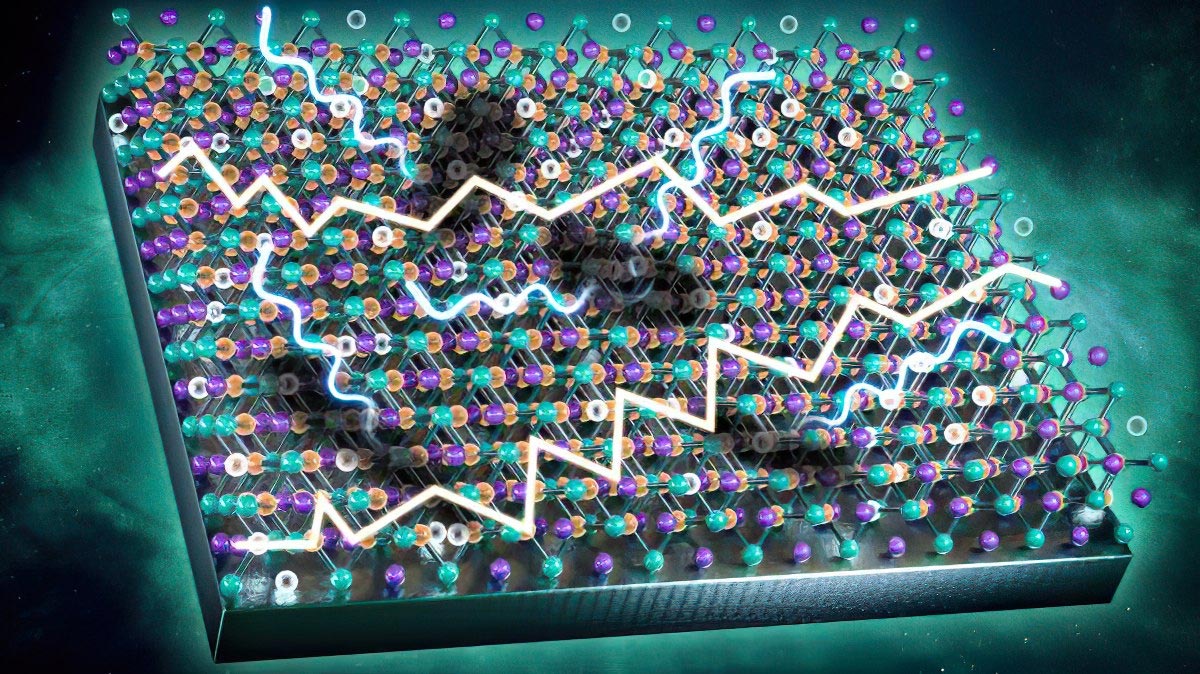Connect with us
Published
2 months agoon
By
admin
Chinese scientists from the Dalian Institute of Chemical Physics have achieved a significant breakthrough by developing the first superionic hydride ion conductor that operates effectively at ambient conditions. This innovative material leverages the structure and morphology of trihydrides, particularly focusing on lanthanum trihydride (LaHx). By employing a mechanical ball milling technique, they successfully manipulated LaHx at a nanoscale level to suppress its electronic conductivity by over five orders of magnitude. This resulted in a record-high superionic conductivity at temperatures ranging from minus 40 to 80 degrees Celsius. The hydride ion (H-) exhibits strong reducibility and high redox potential, marking it as a reactive species with potential as an energy carrier. The successful conduction of pure H- at ambient temperatures paves the way for advancements in clean energy storage and electrochemical conversion technologies. The research team plans to investigate the underlying physics of this phenomenon further and aims to extend their methodology to develop other hydride materials. This work represents a critical step toward enhancing the efficiency and sustainability of energy systems. The findings were published in the journal Nature.













